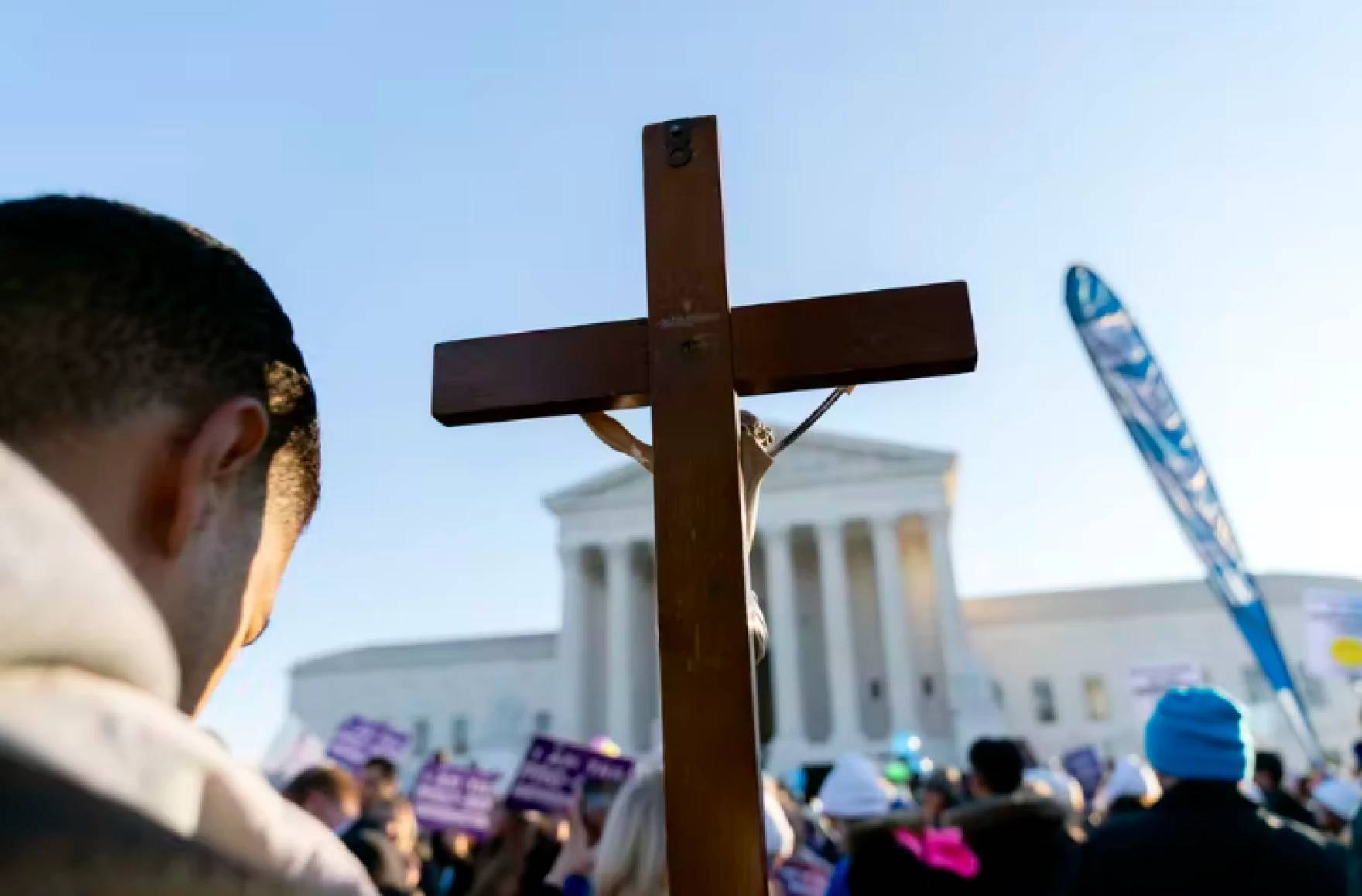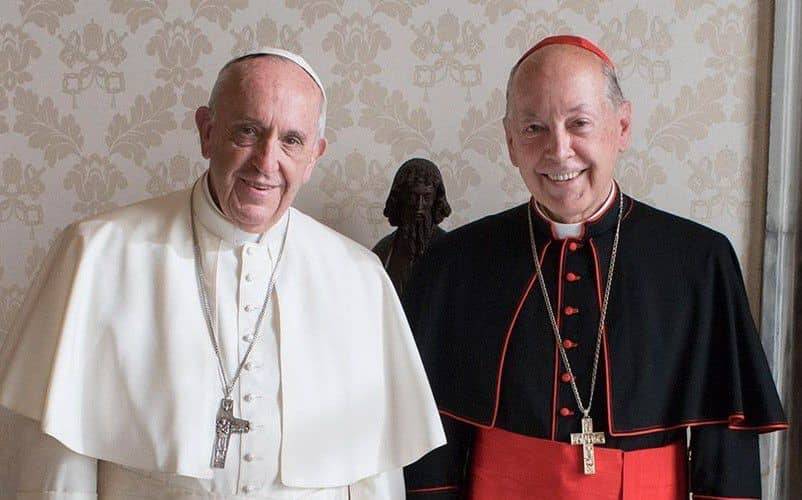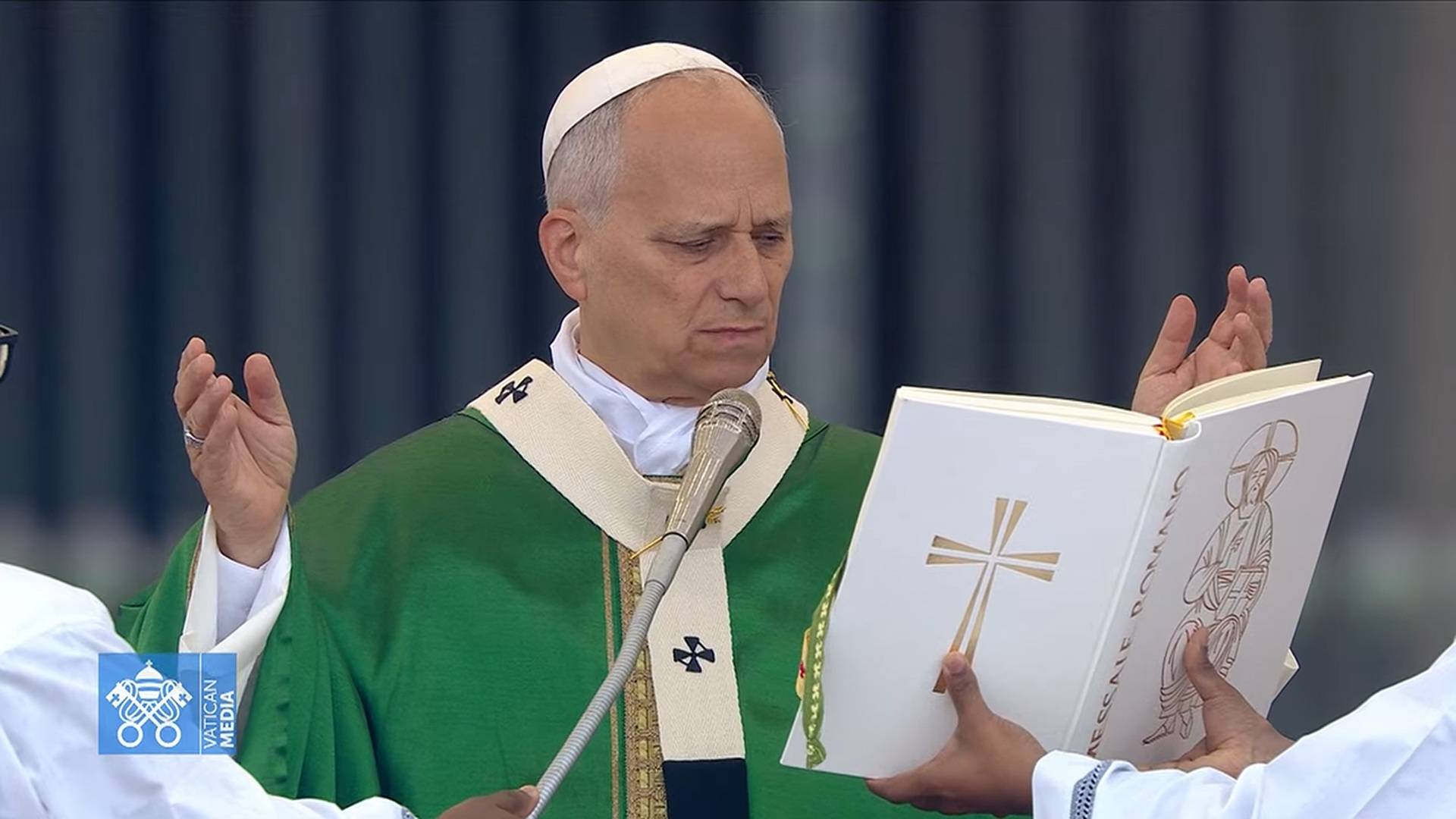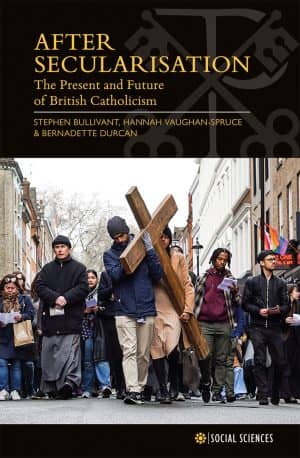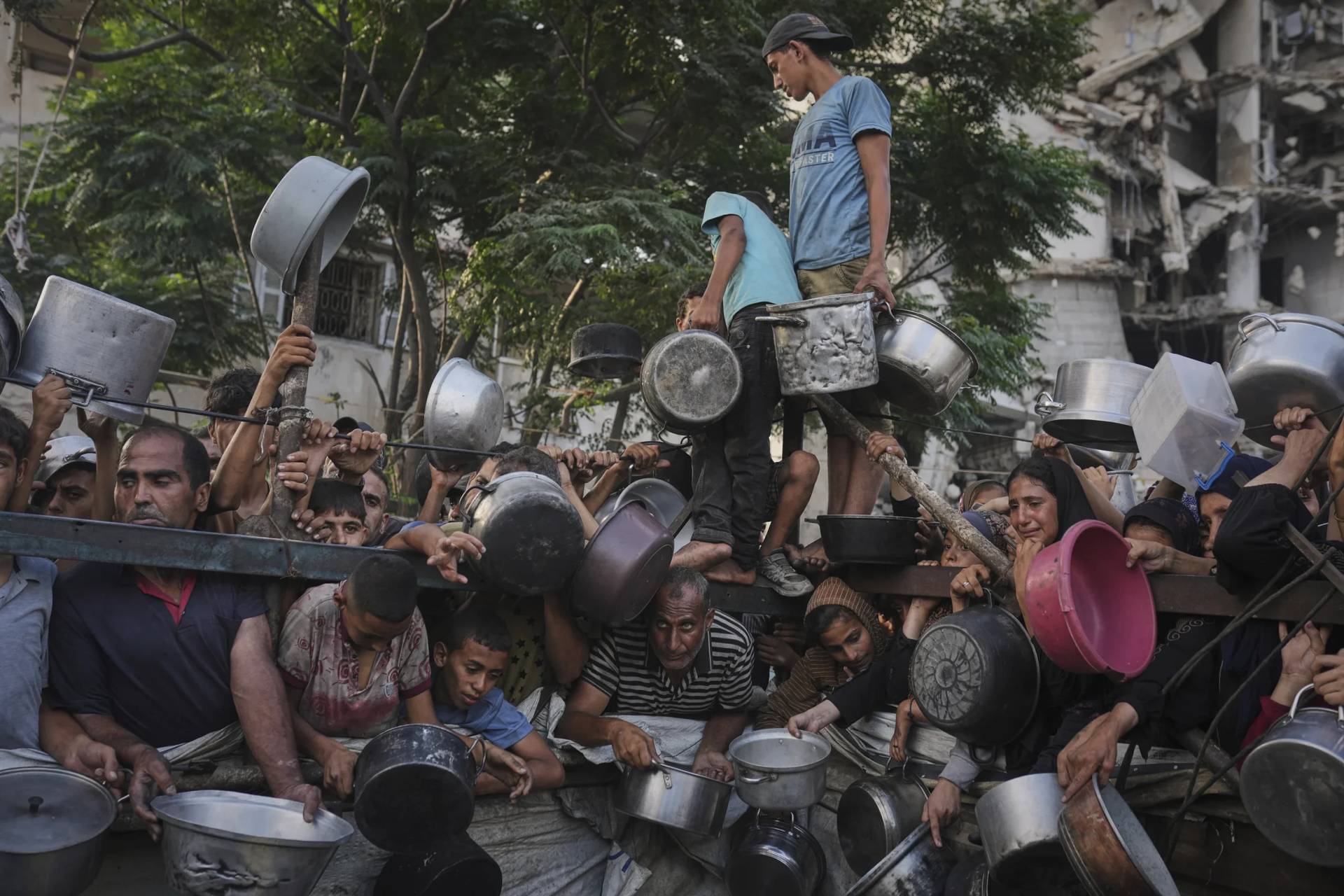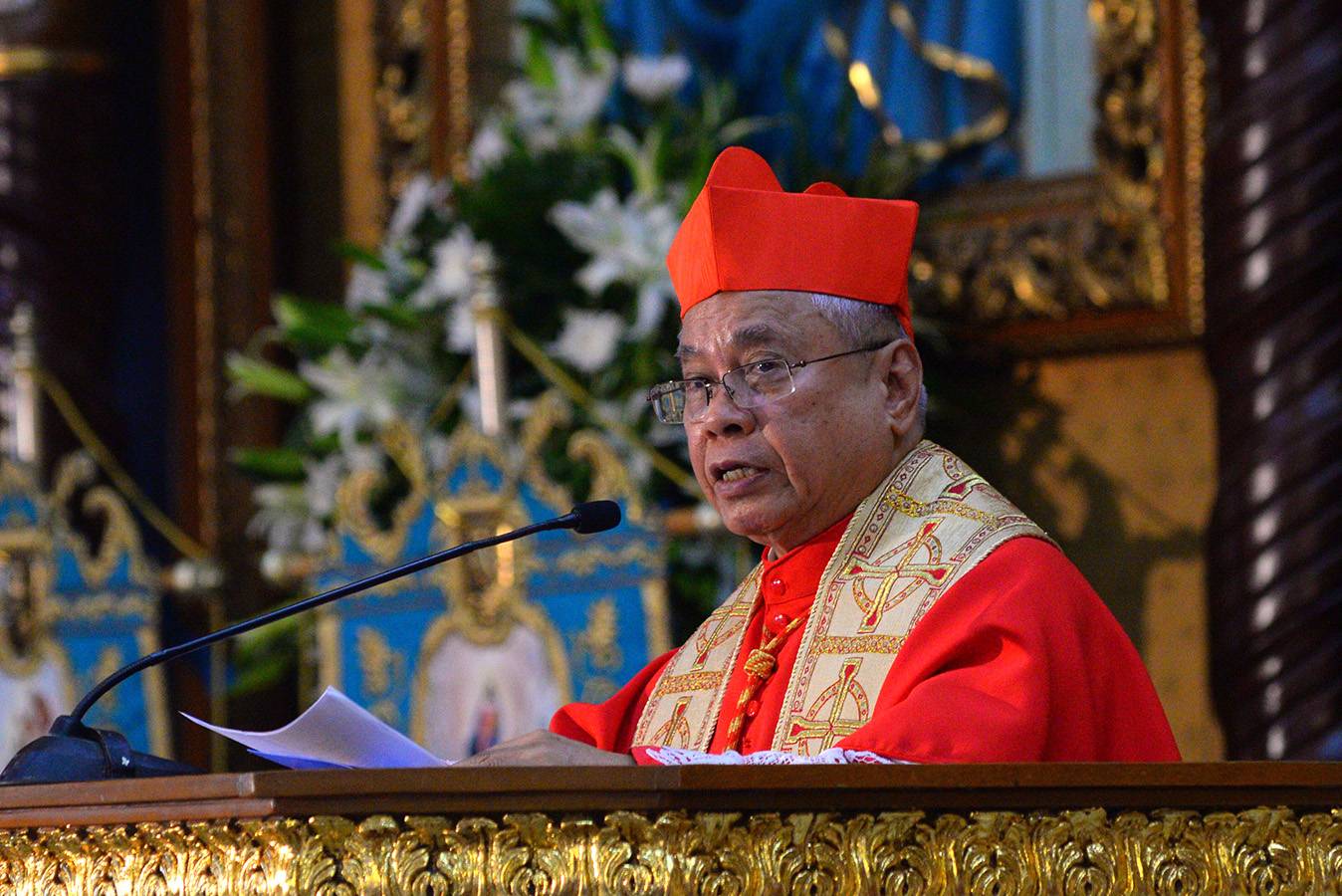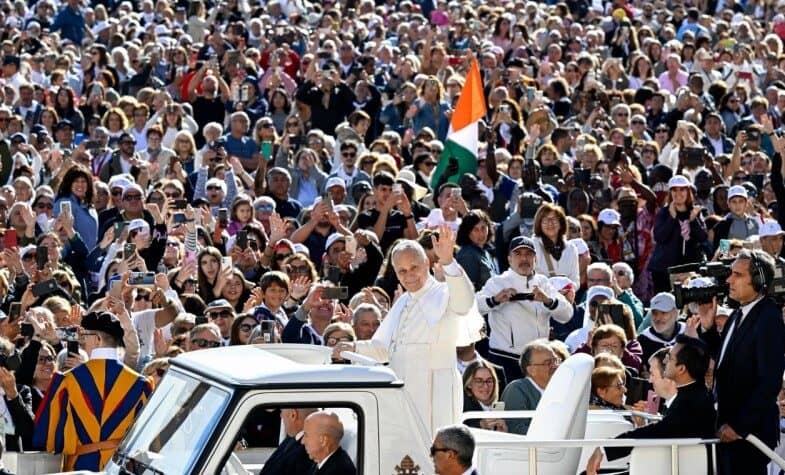LEICESTER, United Kingdom – Bishop Patrick McKinney of Nottingham, England, and Bishop John Sherrington, Lead Bishop for Life Issues for England’s bishops conference, expressed their sadness over the death of Indi Gregory on Monday.
The 8-month-old baby girl died in a hospice on Monday morning after her life support was withdrawn on Sunday.
The 8-month-old had suffered brain damage as the result of a rare condition known as mitochondrial disease. Her doctors said her life support should be removed to allow her to die at a hospital or hospice.
Her parents, Dean Gregory and Claire Staniforth, had tried to get her to Italy, where the papally-sponsored Bambino Gesu Children’s Hospital in Rome had offered to continue her treatment.
RELATED: Indi Gregory, sick baby at center of legal battle in Britain, dies
“Indi’s life ended at 01.45am,” her father said in a statement.
“Claire and I are angry and heartbroken. The NHS [National Health Service] and the courts not only took away her chance to live a longer life, but they also took away Indi’s dignity to pass away in the family home where she belonged,” he continued.
“They did succeed in taking Indi’s body and dignity, but they can never take her soul. They tried to get rid of Indi without anybody knowing, but we made sure she would be remembered forever. I knew she was special from the day she was born. Claire held her for her final breaths,” Dean concluded.
McKinney and Sherrington also issued a statement on Monday.
“With deep sadness we express our condolences to Dean and Claire, parents of Indi Gregory, who died earlier today,” the English bishops said.
“We assure them of our prayers and those of all the Catholic Community, including Pope Francis, at this sad time,” they said.
“As a baptized child of God, we believe that she will now share in the joy of heaven after her short life which brought deep joy to her parents who loved and protected her as a precious gift of God,” McKinney and Sherrington continued.
Andrea Williams, chief executive of the Christian Legal Centre, which supported Indi’s family’s campaign, said the hearts of the members of the group “are broken for Dean and Claire and their family.”
“At the Christian Legal Centre, we have given our all, working day and night to support Indi’s parents in their weeks, days and hours of need as they sought to protect their daughter and pursue justice,” she said.
“We have also worked to make known how important it is to uphold laws that wholly protect life and the rights of parents in the lives of their children. Doctors cannot be compelled to treat a patient against their conscience, but neither should they be the ones to prevent parents who secure specialist medical treatment for their child elsewhere from accessing that help,” Williams continued.
“Justice is done in the light, and a truly compassionate society protects its most vulnerable,” she said.
In their statement, the Catholic bishops made an effort to not condemn the decision of medical officials.
“We thank all who worked so tirelessly to care for her at the Queen’s Medical Centre, Nottingham and at the hospice where she died,” McKinney and Sherrington said.
“The legal battle between the NHS Trust and her parents shows again the need for greater weight to be given to the parental voice in these complex and sensitive cases. A simple way to begin to remedy this would be to amend the Health and Care Act 2022 by reintroducing Baroness Ilora Finlay’s amendment on ‘Dispute resolution in children’s palliative care,’ formulated after the death of Charlie Gard,” the bishops wrote.
Gard was diagnosed with encephalomyopathic mitochondrial DNA depletion syndrome, a rare disorder that left him with brain damage and an inability to move his arms or legs, and for which there is no established medical cure. His parents started a legal fight to bring him to the U.S. for experimental treatment in 2017, saying “time has run out” for the 11-month-old.
In the end, Gard died in a hospice on July 28, 2017, after life support was withdrawn.
Finlay’s proposed amendment aimed to ensure that such disputes between parents and doctors will be able to engage effective mediation.
In their latest statement, the bishops said they will continue to contribute to wider discussions on questions of “when treatment becomes disproportionate to any possible benefit and the duty of the continuation of basic care, including assisted nutrition and hydration, to protect the good of every child.”







